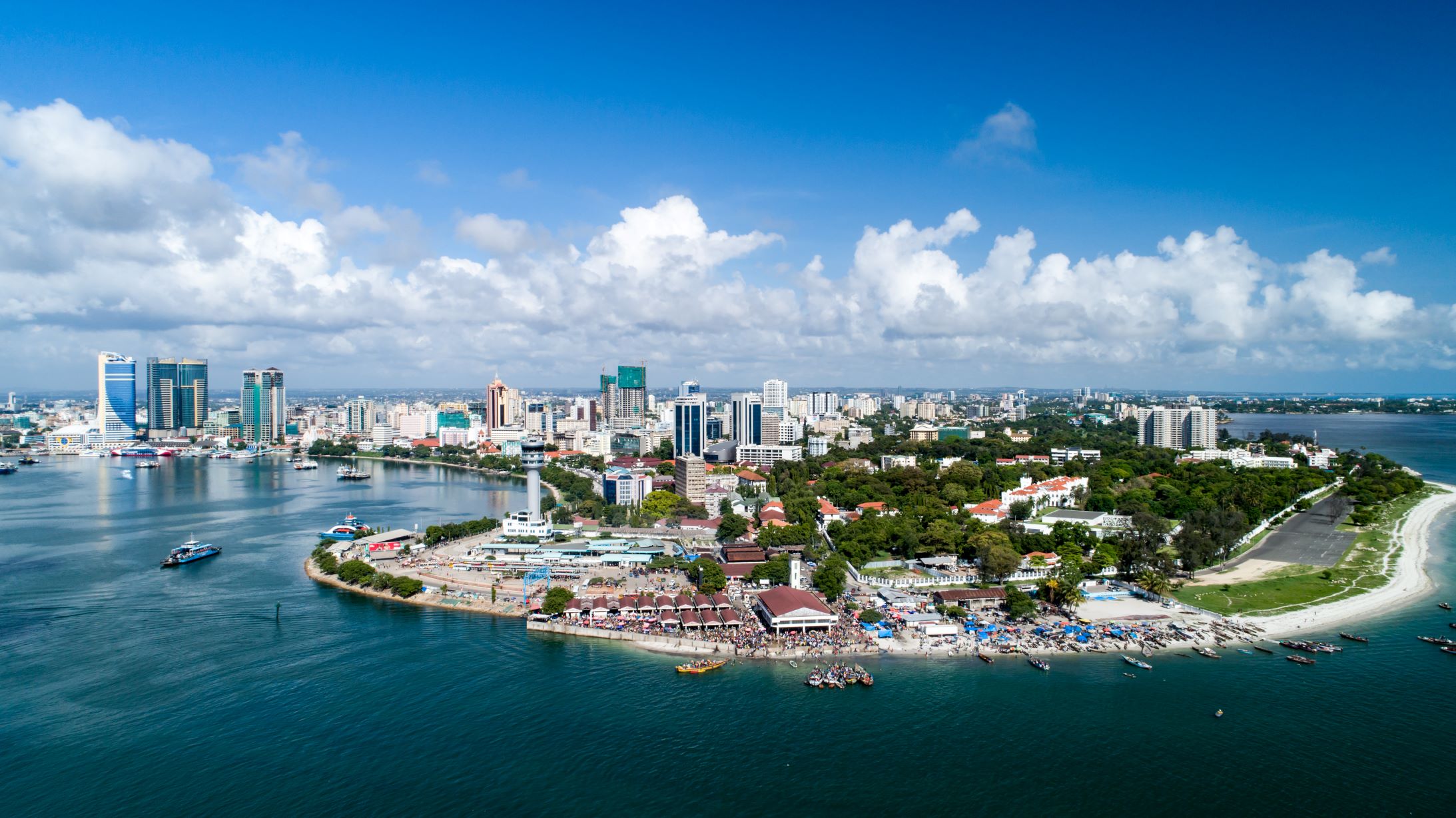In recent years, there has been a rise in global powers such as the US, China and the EU (European Union) seeking to strengthen economic, political and security relations in Africa. The US has traditionally used its foreign policy framework to determine the type of relations it will have with different countries across the globe. However, this has had to change as many African countries have shifted their focus East toward China. The recently concluded US-Africa Leaders Summit held in Washington D.C. will see Africa and the US reigniting relations. This summit also indicates that competition between these three major global powers will continue as we head into 2023 and beyond. According to Voice of America, the US has pledged USD 55 billion over the next three years, with trade, agriculture and infrastructure (digital, energy and physical infrastructure) getting the most attention. These three areas are critical for Africa’s growth and continue to take centre stage as global economic shocks such as the COVID-19 pandemic and the war in Ukraine contributed to slowed growth of these sectors. Below is a breakdown of the focus areas that the two continents made significant commitments.
- Enhancing Trade through Improved Partnership
This has been the cornerstone upon which countries have formed and continue to base their international relations. However, various challenges continue to plague the continent, making it fall short of expectations. The major challenge in trade lies in access to trade financing. Most businesses need to access financing to meet the demands of their population or the international community. According to the World Bank, most businesses are small and medium enterprises, and they play a major role in the economy of all countries, more so in Africa. Through AfCFTA (African Continental Free Trade Area) and acts such as the African Growth and Opportunity Act (AGOA), a paradigm shift is needed to enable the entire value chain to benefit and prosper. Despite financing being the most critical, Africa and the US have agreed to collaborate in technical assistance, which also plays an important role in enhancing knowledge and expertise. This will lead to significant benefits such as job creation and self-reliance among the youth. This is paramount for Africa’s growing population, which is set to be home to 25 percent of the world’s population by 2050. - Improving Food Security through Agriculture
Africa is a net food importer, despite the continent being host to 60 percent of the world’s available arable land. In 2022, Russia declared war on Ukraine, and the war’s effects have made Africa’s food security much more vulnerable. Therefore, it has become increasingly important for governments and private entities to collaborate to enhance the continent’s food security. For the longest time, Africa’s agriculture has relied heavily on rain-managed food production. However, this has changed significantly with climate change and erratic weather patterns have led to harsh climatic conditions that have continued to strain food systems in Africa and the world. The summit presented a great opportunity for collaboration across the board that will help all stakeholders to focus on mid- and long-term support. It has also created a platform to renew various discussions around increased financing for biotechnology to grow more climate-adapted crop varieties and diversify the types of crops grown. - Reliable Infrastructure for Integrated Economic Growth
Physical Infrastructure, Technology and Energy are key to the growth of economies around the world. In Africa, major infrastructural projects have been conceptualised to enable the movement of goods and people. However, infrastructure cuts across many sectors, including technology, energy and physical infrastructure, such as roads, railways, ports and airports, among others. During the summit, the Biden administration reaffirmed its commitment by expanding access to finance and investing in infrastructure as one of its major goals. With Africa’s digital transformation on the rise, it is key to have a close working relationship with the U.S. government and tech companies that will see more opportunities and investment in the capital markets and payments industry. This will lead to an improvement in market transparency, market depth and liquidity. The energy infrastructure is also key to the growth of many economies. African countries have already begun embracing renewable energy to meet demands, with wind, hydro and solar being crucial to this transition. Africa has abundant resources, but the biggest challenge is harnessing energy. The summit brought out significant commitments through financing and technical support, which will see Africa be part of the transition to green energy. Countries such as Morocco, Egypt and South Africa continue to be attractive for renewable energy investments, according to Ernest & Young.
The soft power approach by these three global powers led by the US is commendable. Still, the beneficiaries need to see the opportunity and avoid being immersed in the political aspect of these engagements. The major focus for these types of multilateral forums should be to transform Africa from an exporter of raw materials to a producer of market-competitive value-added products. Therefore, Africa will need to integrate itself into regional global value chains, inevitably promoting diversification on all levels. AfCFTA is one of the factors that could help the continent achieve its potential. However, external assistance is vital for the free trade area to move forward and could be an important catalyst towards Africa’s prosperity. This summit will help to show how Africa’s and U.S. relations have evolved and how it can be shaped to enhance our partnership for the greater good of both continents.
Sources
Brookings | Carnegie Endowment for International Peace | International Banker | Africa Business


